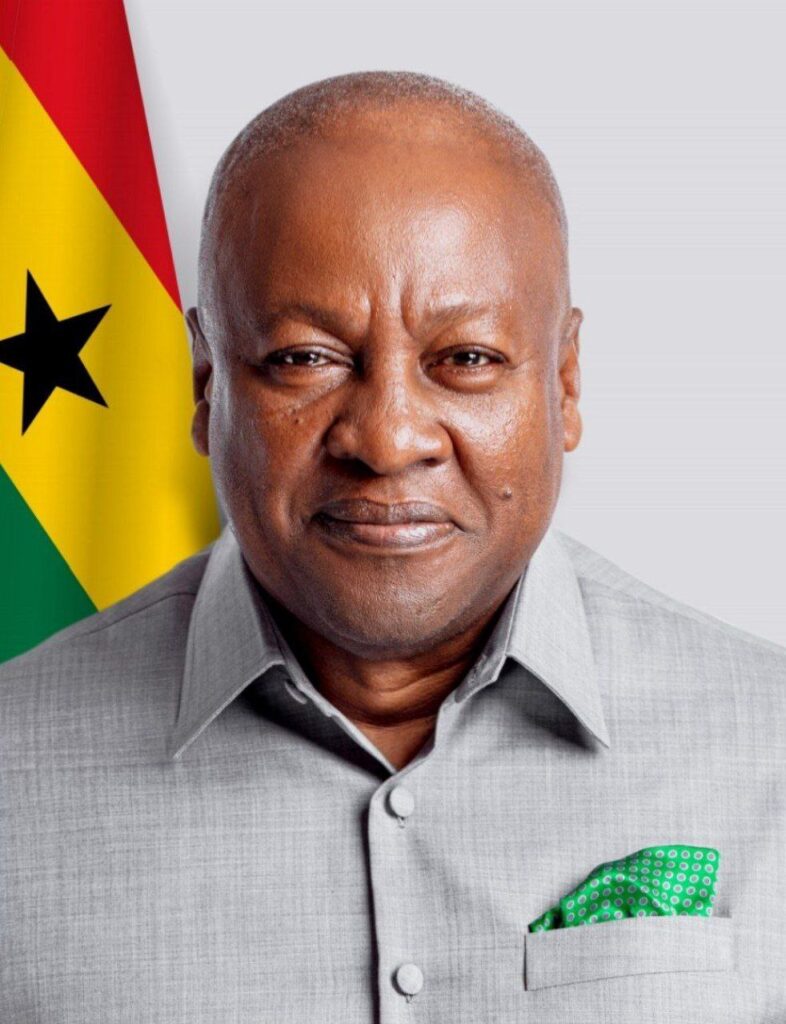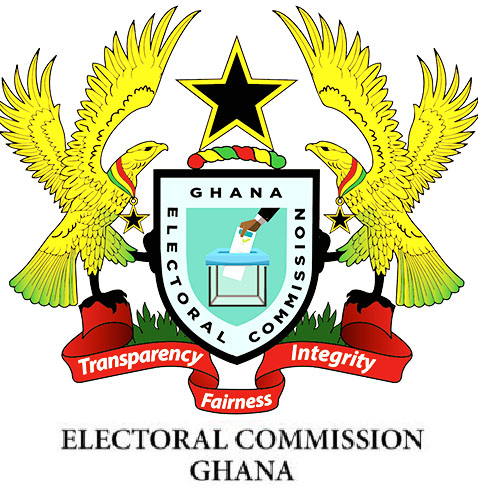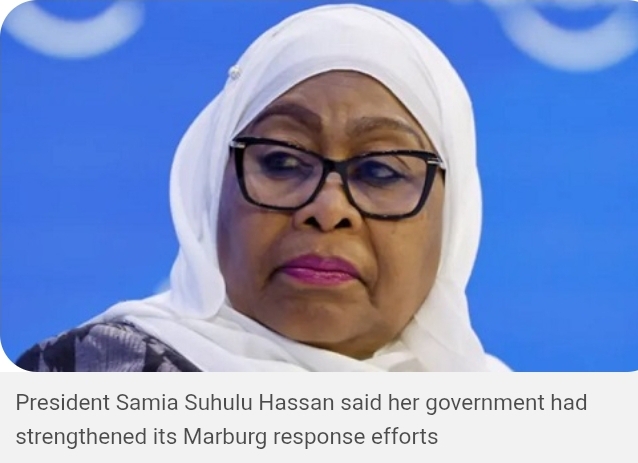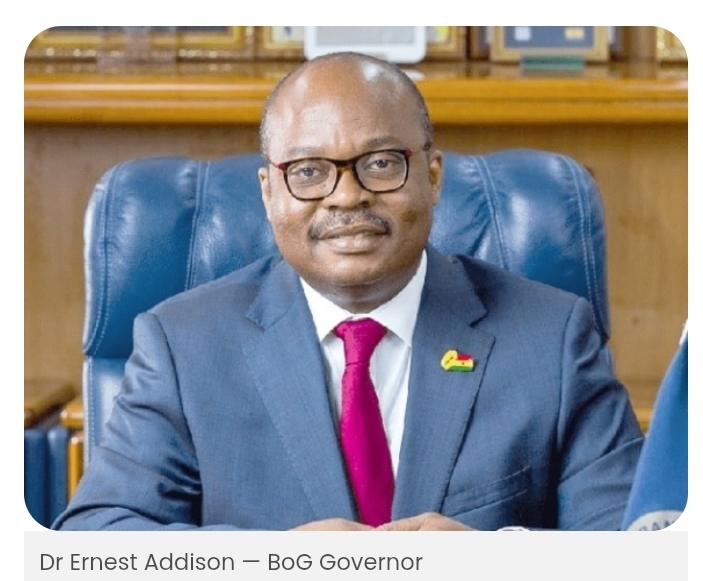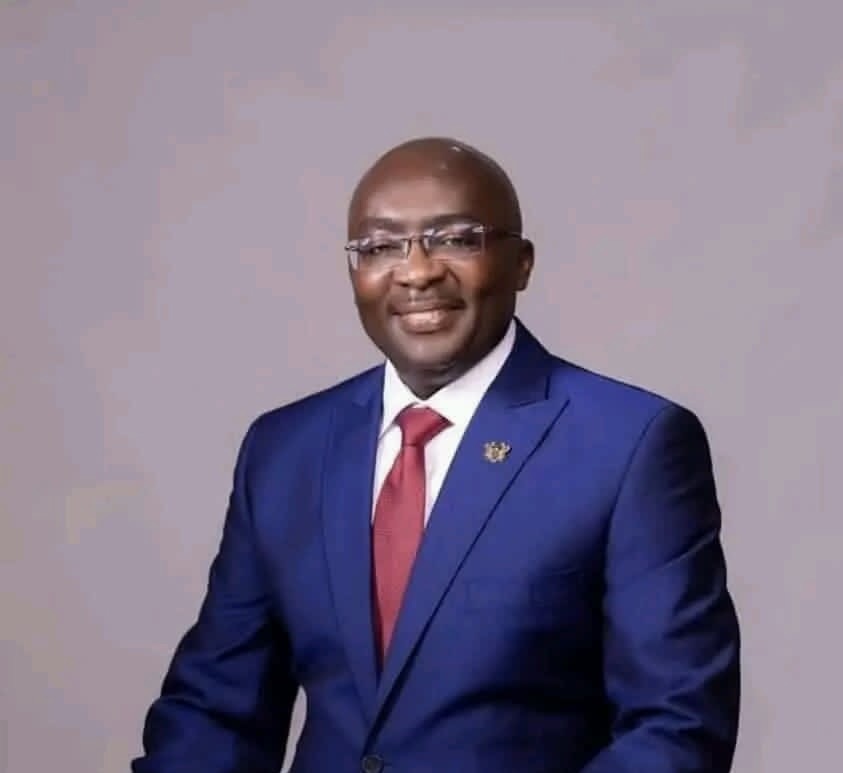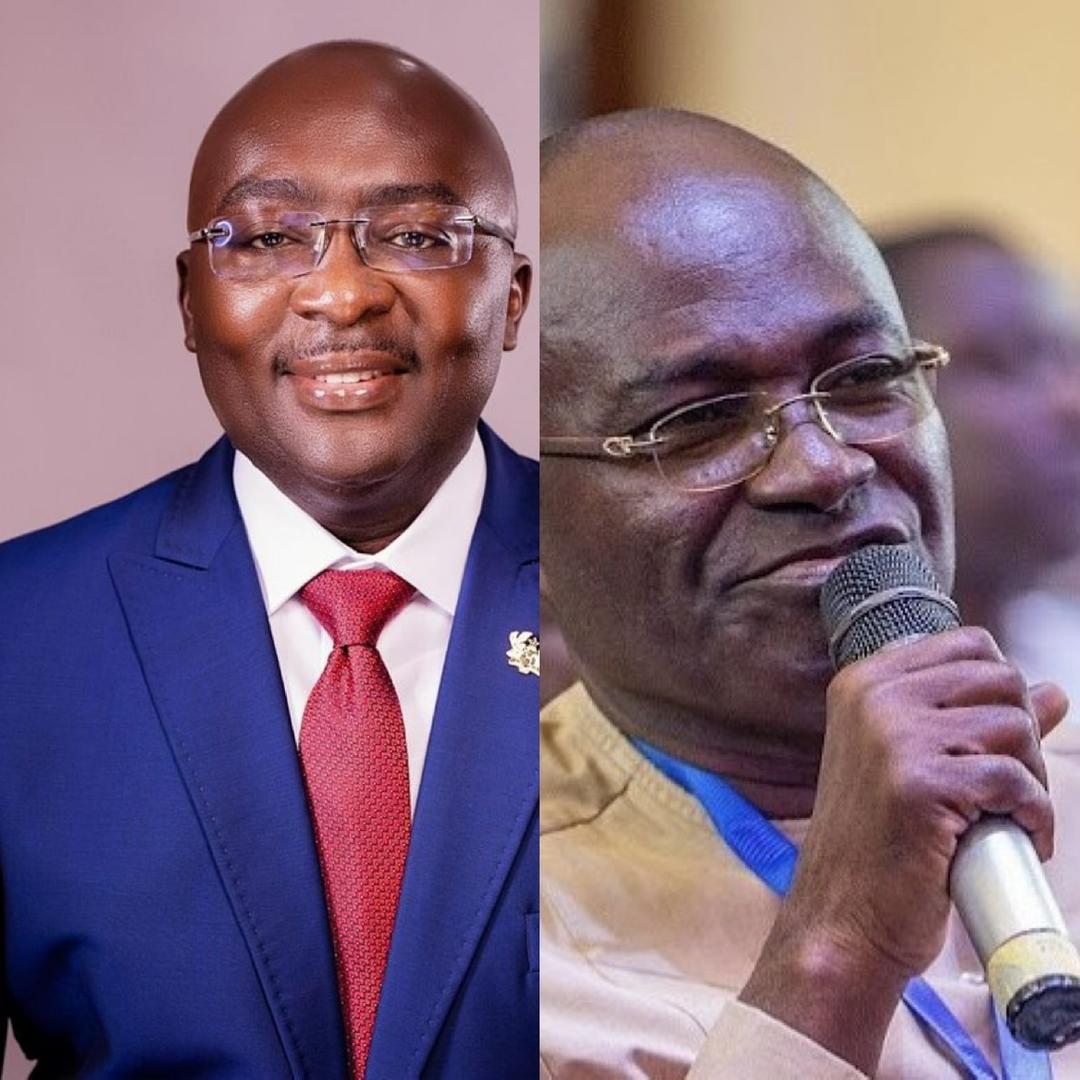President Mahama has officially declared his assets and instructed all government appointees to do the same by March 31, 2025. He emphasized that failure to comply would result in consequences, as this initiative aims to promote transparency and combat corruption within his administration. In a significant move towards enhancing accountability in governance, President John Dramani Mahama has publicly declared his assets, reinforcing the importance of transparency among public officials.
Asset Declaration Ceremony
- The asset declaration took place on February 18, 2025, at the Jubilee House, where President Mahama presented his completed asset declaration forms to the Auditor-General.
- During the ceremony, he reiterated the legal obligations under Article 286 of the 1992 Constitution and the Public Office Holders Declaration of Assets and Disqualifications Act, which mandates all public office holders, including ministers, members of parliament, and judges, to declare their assets.
Instructions to Government Appointees
- President Mahama has directed the Chief of Staff to ensure that all government appointees submit their asset declarations by March 31, 2025.
- He warned that non-compliance could lead to severe sanctions, including removal from office, highlighting the seriousness of this initiative.
Focus on Corruption Prevention
- The President stressed that while punishing corruption is essential, preventing it is even more critical. He believes that a robust asset declaration process can act as a deterrent against corruption, which often flourishes in secrecy.
- He called for a review of the current asset declaration framework to improve its effectiveness, suggesting that declared assets should be made public both before and after holding office to enhance accountability.
Conclusion
- This initiative by President Mahama marks a pivotal step in promoting transparency and integrity within the government. By setting a clear deadline for asset declarations and emphasizing the consequences of non-compliance, he aims to foster a culture of accountability among public officials, ultimately contributing to the fight against corruption in Ghana.

